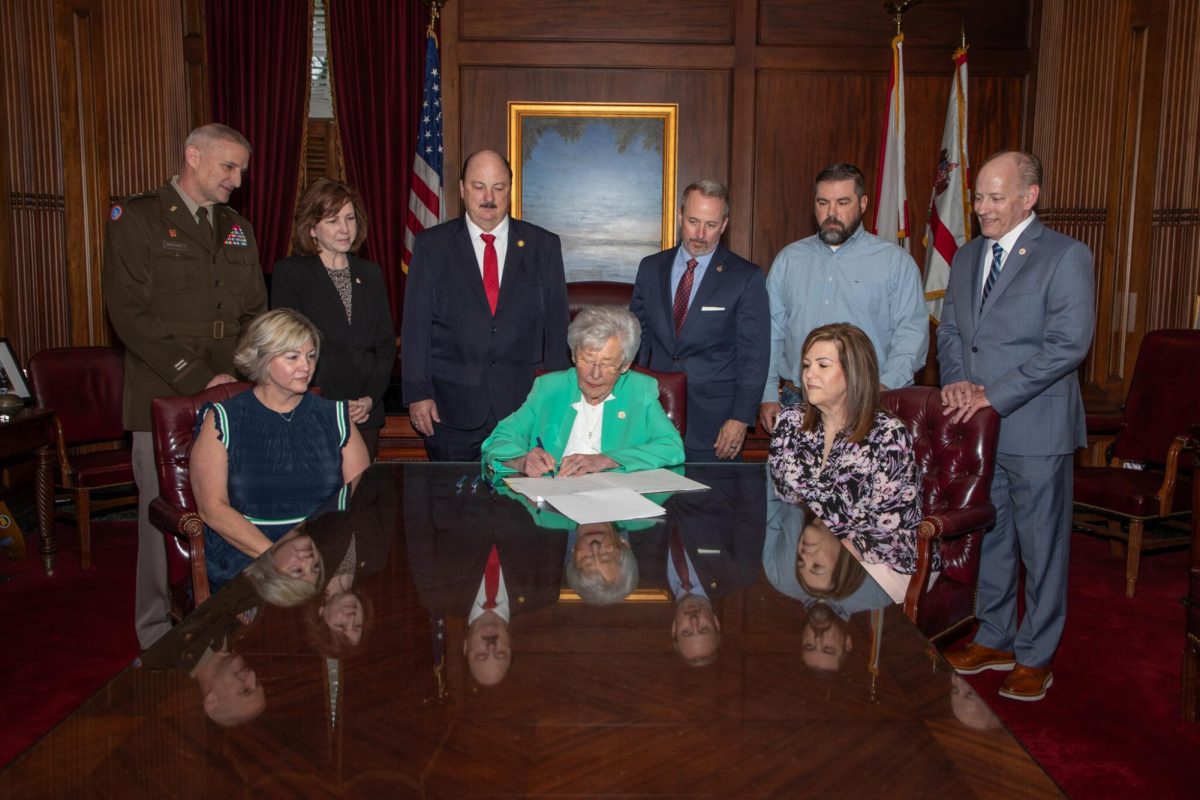UA professor David Dixon was recently awarded one of the first Southeastern Conference Faculty Achievement Awards.
Dixon has mentored and taught more than 40 undergraduate student researchers, 13 doctoral students and four post-doctoral colleagues after joining UA’s College of Arts and Sciences in 2004.
Although Dixon teaches in many areas around the campus, he currently teaches first-year honors chemistry and is actively involved in a freshman learning community.
The award honors faculty from SEC universities with high records in teaching and scholarship that are also mentors to students and other faculty members.
Beginning this year, the SEC Faculty Achievement Award winners from each of the recognized universities will receive a $5,000 honorary award and be selected to represent that university for the SEC Professor of the Year. That award winner will then receive $15,000 and be recognized at the SEC Spring Banquet in May.
Dixon received his Bachelor of Science from the California Institute of Technology in Pasadena and then his doctorate from Harvard. He was also an assistant professor of chemistry at the University of Minnesota for six years. He then joined du Pont’s central research staff in 1983. Dixon then served as research leader in computational chemistry with du Pont and then decided to join the Pacific Northwest National Laboratory in 1995.
Dixon has published more than 560 papers on various topics. He is a computational chemist who uses high performance computing and numerical simulations to solve difficult chemical problems.
Macey Key, a junior majoring in chemistry, said she has not taken any of Dixon’s classes, but she is hopeful to get the opportunity in the near future and was aware of Dixon’s award.
“Anyone going into anything chemistry related should know of some of Dr. Dixon’s work,” Key said. “I was so happy to know that he received the award because he is very deserving of it.”
Dixon is actually no stranger to receiving awards.
In 2010, he received a Hydrogen Program Research and Development Award for his contribution to the efforts of the U.S. Department of Energy’s Center of Excellence in Chemical Hydrogen Storage. He received the award because of his outstanding contributions to Hydrogen Storage Technologies.
His research mainly focuses on catalysis and environmental science, including chemical catalysis, actinide chemistry for next generation nuclear fuels, atmospheric chemistry, hydrogen storage for transportation, carbon dioxide sequestration in the subsurface, biochemistry for analyzing proteins and fluorine chemistry.
Other scientists have cited his work in their research over 13,000 times.
“I am grateful to receive this award and be able to represent this University,” Dixon said upon receiving the award.








